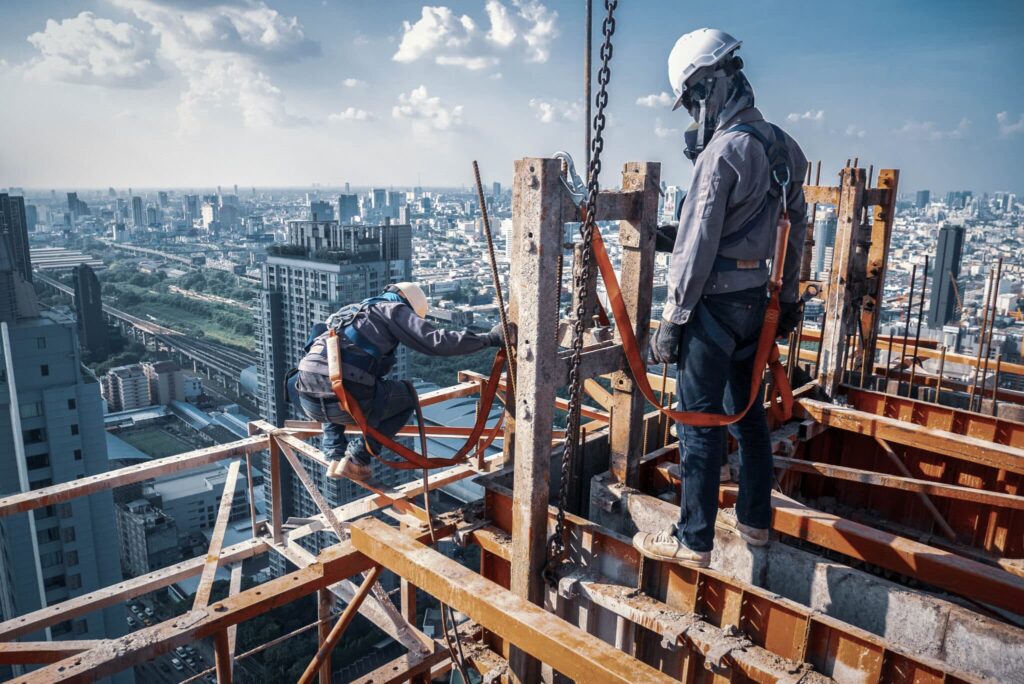THE IMPORTANCE OF BUILDING INSPECTIONS IN CONSTRUCTION PROJECTS
The Importance of Building Inspections in Construction Projects
Construction projects are massive undertakings that require careful planning, precise execution, and strict adherence to safety and quality standards. Among the many crucial aspects of construction, building inspections stand out as a cornerstone of ensuring that a project progresses smoothly and results in a safe, durable structure. In this article, we will explore the significance of building inspections in construction projects and highlight key points that underscore their importance.
1. Ensuring Structural Integrity
One of the primary purposes of building inspections is to guarantee the structural integrity of the constructed building. Building inspectors meticulously assess various structural elements, including the foundation, framing, roofing, and walls, to ensure they meet engineering and safety standards. Detecting structural issues early can prevent catastrophic failures down the line, saving both lives and money.
2. Compliance with Building Codes and Regulations
Building codes and regulations are put in place to ensure the safety and well-being of occupants and the surrounding environment. Building inspections are essential for verifying that construction projects adhere to these codes and regulations, which vary by location. Failing to comply can result in costly fines, project delays, or even project shutdowns.
3. Quality Assurance
Building inspections serve as a quality control mechanism throughout the construction process. Inspectors examine materials, workmanship, and construction methods to ensure that they meet specified standards and project requirements. This scrutiny helps maintain a high level of quality and craftsmanship, reducing the likelihood of defects, rework, or costly renovations later on.
4. Risk Mitigation
Construction projects inherently involve risks, such as accidents, delays, or unforeseen challenges. Regular inspections help identify potential risks early, allowing project managers to take corrective actions promptly. This proactive approach can prevent accidents, avoid costly delays, and keep the project on track.
5. Protecting Investments
Construction projects often require significant financial investments from various stakeholders, including property owners, investors, and lenders. Building inspections help protect these investments by ensuring that the project is proceeding as planned and that the finished structure will hold its value over time. Addressing issues promptly can prevent the erosion of property values and potential litigation.
6. Occupant Safety
The safety of occupants is of paramount importance in any building. Building inspections assess fire safety systems, electrical and plumbing installations, and other essential components to ensure they meet safety standards. This diligence safeguards the well-being of future occupants and reduces liability for property owners.
7. Peace of Mind
For property owners, developers, and investors, building inspections offer peace of mind. Knowing that a construction project is being closely monitored by experts provides reassurance that the project is progressing as intended and that the resulting structure will meet all safety and quality requirements.
8. Environmental Considerations
Building inspections also play a role in environmental sustainability. They assess compliance with environmental regulations, including waste management and energy efficiency standards. By ensuring that construction projects follow environmentally friendly practices, building inspections contribute to a greener, more sustainable future.
In conclusion, building inspections are a critical component of construction projects. They not only ensure the structural integrity and safety of buildings but also protect investments, promote quality workmanship, and help mitigate risks. Investing in comprehensive building inspections is a wise decision that ultimately benefits all stakeholders involved in a construction project. By prioritizing inspections, construction professionals can deliver safe, high-quality buildings that stand the test of time.


